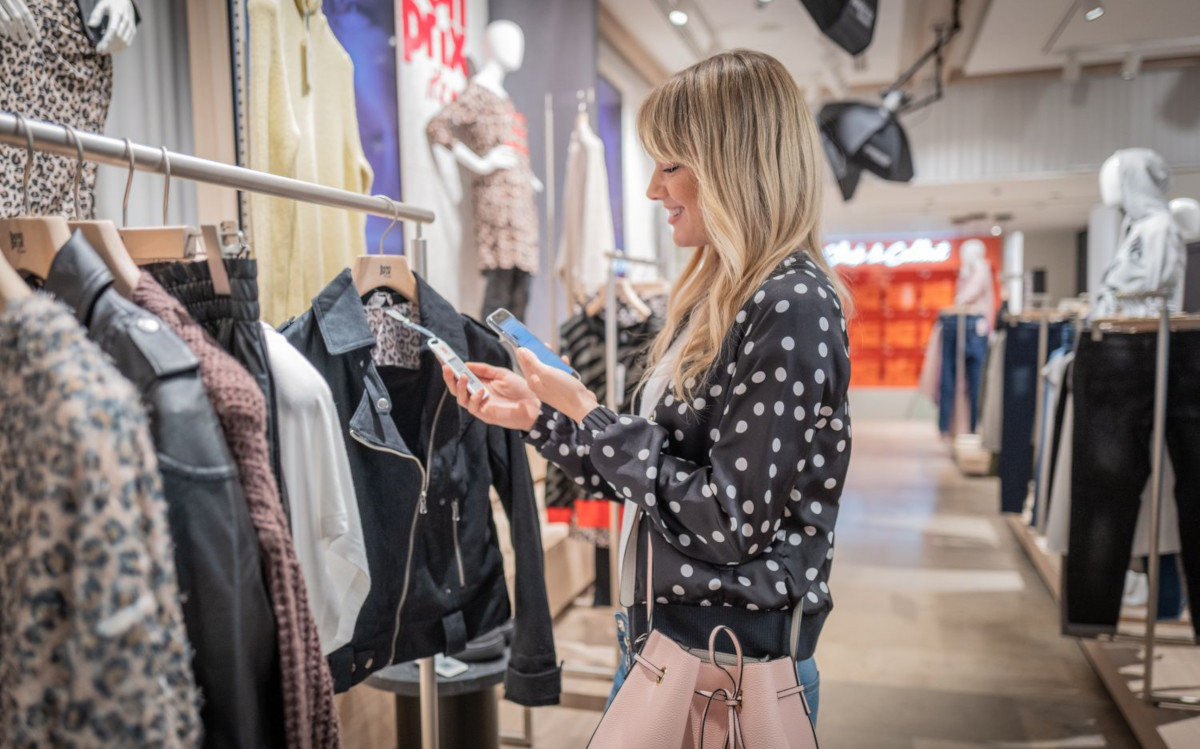India, with its strong consumer base, demands and preferences managed to bring immense fortune to the apparel sector. The organised apparel retail sector is said to produce a revenue of Rs 1.7 lac crore. But the ongoing pandemic has created tension in the industry which is expected to experience a dip in its revenue of up to 30 to 35 percent in the months to come as reported by the rating and analysis firm Crisil. This slump has been predicted due to the current world order that prevents the opening of stores and restriction in the mobility of citizens. The advent of unemployment, which has in turn led to dwindling incomes with the consumers spending ability coming down significantly is said to further affect the credit metrics. Crisil also said that due to the sharp fall in the operating profits, additional funding may be required, mainly debt, to improve the cash flow of these companies. It is said that as the cash flows get crunched, retailers are relying on additional debt to improve the situation of shortfall of cash in a short term with regard to fixed obligations.

For evident reasons, the sales of departmental stores are said to hit harder, with close to 40 percent decline in the revenue. This is so because almost half of the departmental stores are situated in malls and in tier 1 cities which are not fully functional at the moment, causing huge loses. While value fashion retailers will be impacted at a decreasing rate of around 30 percent due to their larger presence in tier 2 and tier 3 cities which are opening up in a phrased manner. With respect to stand alone stores which also have their presence primarily in the tier 2 and tier 3 cities is expected to be in a better shape comparatively. These retailers are also seeking reliance of online channels due to the change in the buying pattern among consumers amid the pandemic.

While retailers that have an omni-channel presence, balanced mix of brands, sufficient liquidity, those with the support of strong groups and private labels are in a safe haven with adequate resources to deal with the challenges in the environment, as reported by Crisil. The recovery of the sector at the moment is highly dependent on the demand and the behaviour of consumers once the restrictions are lifted.





